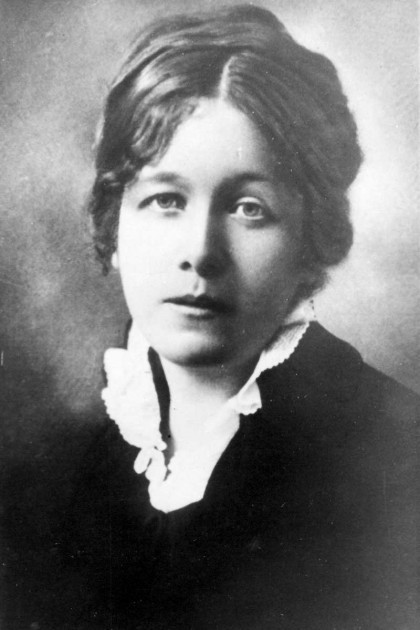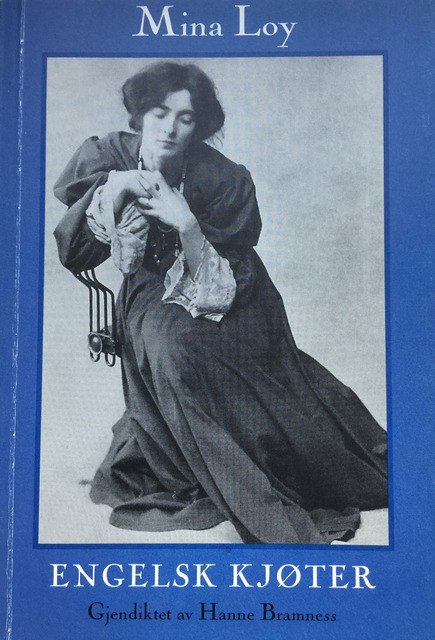
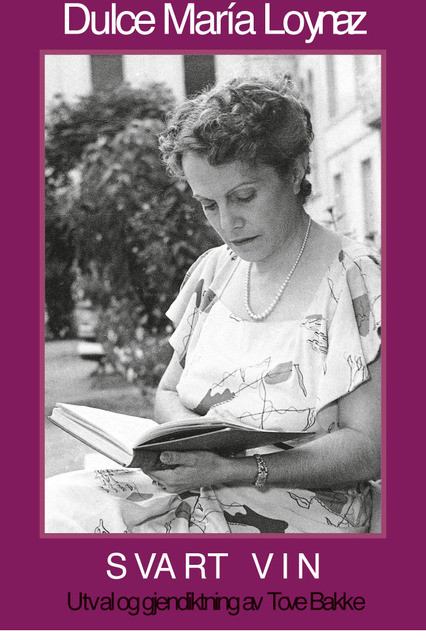
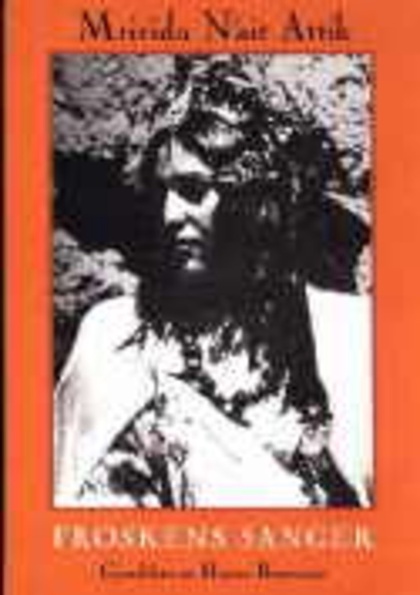
Books in series

Engelsk kjøter
1998

Svart vin
1999

Froskens sanger
1956
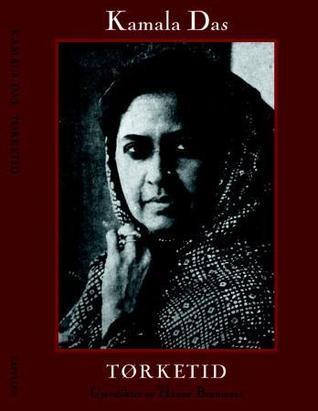
Tørketid
2000
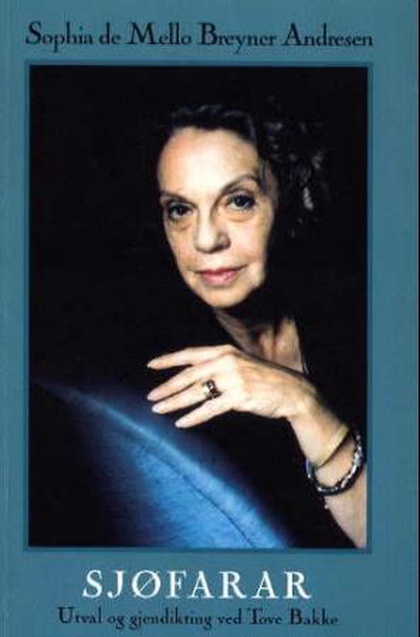
Sjøfarar
2000

Brukne negler
2001

Grønne mor Bukovina
2001

Another Birth
Selected Poems
1963

Del av en fugl
2002

Vertige de l'avant-scène
1997

Ophelias bok
2003

Min søsters søster
2003

Den søvnløses sang
2004

Rook en Oker
1963

Your passport is not guilty
Gedichte
1997

Blå, klar
2005
Authors
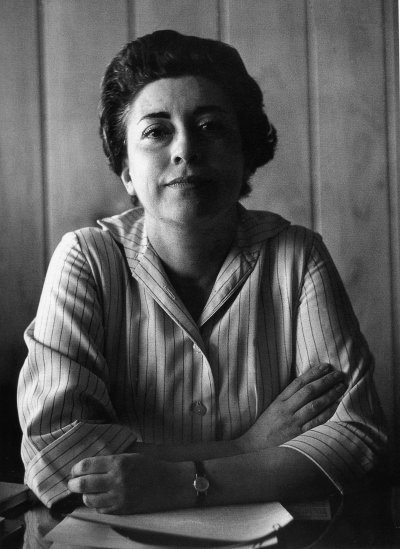
Rosario Castellanos Figueroa (25 May 1925 – 7 August 1974) was a Mexican poet and author. Along with the other members of the Generation of 1950 (the poets who wrote following the Second World War, influenced by César Vallejo and others), she was one of Mexico's most important literary voices in the last century. Throughout her life, she wrote eloquently about issues of cultural and gender oppression, and her work has influenced feminist theory and cultural studies. Though she died young, she opened the door of Mexican literature to women, and left a legacy that still resonates today. Throughout her career, Castellanos wrote poetry, essays, one major play, and three novels: the semi-autobiographical Balún Canán and Oficio de tinieblas (translated into English as The Book of Lamentations) depicting a Tzotzil indigenous uprising in Chiapas based on one that had occurred in the 19th century. Despite being a ladino – of mestizo, not indigenous descent – Castellanos shows considerable concern and understanding for the plight of indigenous peoples. "Cartas a Ricardo," a collection of her letters to her husband Ricardo Guerra was published after her death as was her third novel, Rito de iniciación. Rosario Castellanos said of the collection of her letters in Cartas a Ricardo that she considered them to be her autobiography. Rito de iniciación is in the bildungsroman tradition about a young woman who discovers her vocation of a writer. Castellanos' poem, "Valium 10," is in the confessional mode, and is a great feminist poem comparable to Sylvia Plath's "Daddy." (from Wikipedia)
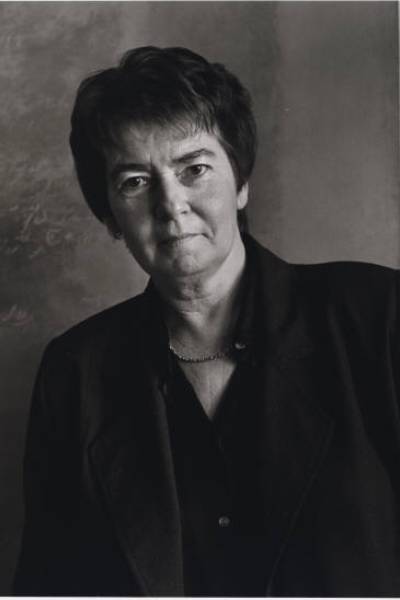
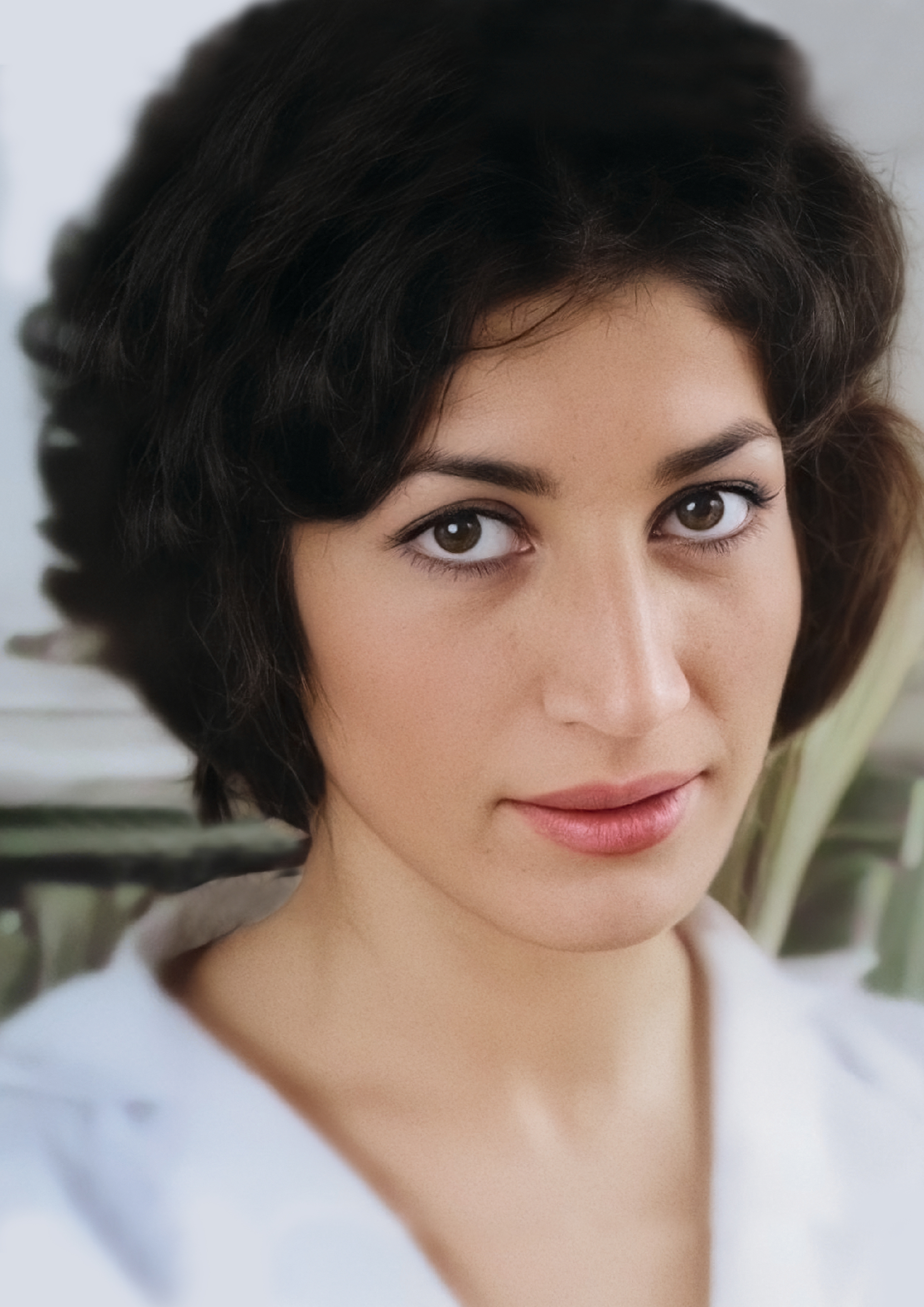
Forough Farrokhzad was born in Tehran to career military officer Colonel Mohammad Bagher Farrokhzad and his wife Touran Vaziri-Tabar in 1935. The third of seven children, she attended school until the ninth grade, then was taught painting and sewing at a girl's school for the manual arts. At age sixteen she was married to Parviz Shapour, an acclaimed satirist. Within two years, in 1954, Farrokhzad and her husband divorced; Parviz won custody of the child. She moved back to Tehran to write poetry and published her first volume, entitled The Captive, in 1955. In 1958 she spent nine months in Europe. After returning to Iran, in search of a job she met film-maker and writer Ebrahim Golestan, who reinforced her own inclinations to express herself and live independently. She published two more volumes, The Wall and The Rebellion before traveling to Tabriz to make a film about Iranians affected by leprosy. This 1962 documentary film titled The House is Black won several international awards. During the twelve days of shooting, she became attached to Hossein Mansouri, the child of two lepers. She adopted the boy and brought him to live at her mother's house. In 1964 she published Another Birth. Her poetry was now mature and sophisticated, and a profound change from previous modern Iranian poetic conventions. On February 13, 1967, Farrokhzad died in a car accident at age thirty-two. In order to avoid hitting a school bus, she swerved her Jeep, which hit a stone wall; she died before reaching the hospital. Her poem Let us believe in the beginning of the cold season was published posthumously, and is considered by some to be one of the best-structured modern poems in Persian. A brief literary biography of Forough, Michael Hillmann's A lonely woman: Forough Farrokhzad and her poetry, was published in 1987. Also about her is a chapter in Farzaneh Milani's work Veils and words: the emerging voices of Iranian women writers (1992). Nasser Saffarian has directed three documentaries on her: The Mirror of the Soul (2000), The Green Cold (2003), and Summit of the Wave (2004). She is the sister of the singer, poet and political activist Fereydoon Farrokhzad. فروغ فرخزاد (۸ دی، ۱۳۱۳ - ۲۴ بهمن، ۱۳۴۵) شاعر معاصر ایرانی است. وی پنج دفتر شعر منتشر کرد که از نمونههای قابل توجه شعر معاصر فارسی هستند. فروغ فرخزاد در ۳۲ سالگی بر اثر تصادف اتومبیل بدرود حیات گفت. فروغ با مجموعه های «اسیر»، «دیوار» و «عصیان» در قالب شعر نیمایی کار خود را آغاز کرد؛ اما با انتشار مجموعه «تولدی دیگر» تحسین گسترده ای را برانگیخت، سپس مجموعه «ایمان بیاوریم به آغاز فصل سرد» را منتشر کرد تا جایگاه خود را در شعر معاصر ایران به عنوان شاعری بزرگ تثبیت نماید. بعد از نیما یوشیج، فروغ فرخزاد در کنار شاعرانی چون مهدی اخوان ثالث و سهراب سپهری از پیشگامان شعر نیمایی است. نمونههای برجسته و اوج شعر نوی فارسی در آثار فرخزاد، اخوان و سپهری پدیدار گردید

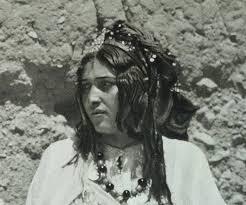
Mririda n'Ait Attik (c. 1900 – c. 1940s) was a Berber Moroccan Shilha poet writing in Tashelhit. She was born in Megdaz in the Tassaout valley. Her poems were put to paper and translated into French in the 1930s by Rene Euloge, a French civil servant based in Azilal. Little is known about her life. Born in the village of Megdaz, in the Tassaout valley, Mririda married at a very early age, but soon fled her unhappy life at home to become an itinerant oral poet and performer. She toured from market to market, improvising and performing her poetry, which she composed in Tashelhit. Mririda was the pen name she used on stage, and her real name is unknown. She was illiterate and never committed her poems to paper. Her poetry dealt with tabu topics at the time (particularly coming from a woman poet), such as divorce, household problems, and unrequited love. During the 1940s, she is said to have been a courtesan in the souk (marketplace) in Azilal, and was famed for the songs she sang to the men who visited her house. By the end of WWII, Mririda had disappeared. No one knows when or where she died.
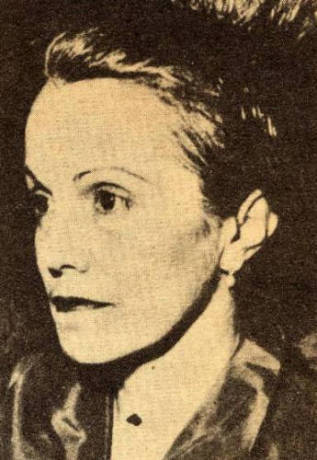
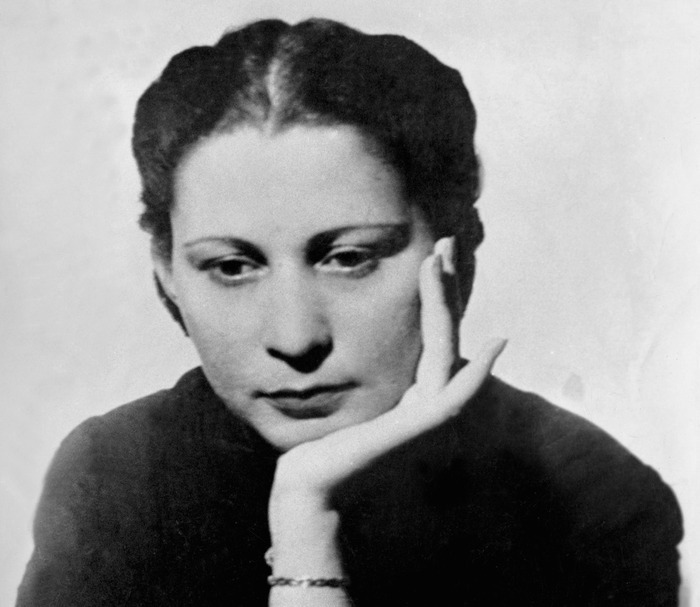
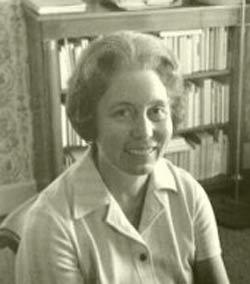
Après avoir obtenu un baccalauréat classique, elle entreprend des études de lettres à l'issue desquelles Anne Perrier obtient en 1947 le Prix Folloppe, puis elle se marie la même année avec Jean Hutter. Passionnée de musique, elle hésite un temps entre la vocation de compositeur et celle de poète. Elle est l'auteur de plusieurs recueils de poèmes.
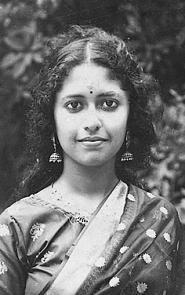
See also Madhavikutty Kamala Suraiyya (born Kamala; 31 March 1934 – 31 May 2009), also known by her one-time pen name Madhavikutty and Kamala Das, was an Indian English poet and littérateur and at the same time a leading Malayalam author from Kerala, India. Her popularity in Kerala is based chiefly on her short stories and autobiography, while her oeuvre in English, written under the name Kamala Das, is noted for the poems and explicit autobiography. Her open and honest treatment of female sexuality, free from any sense of guilt, infused her writing with power, but also marked her as an iconoclast in her generation. On 31 May 2009, aged 75, she died at a hospital in Pune. Das has earned considerable respect in recent years. (from Wikipedia)
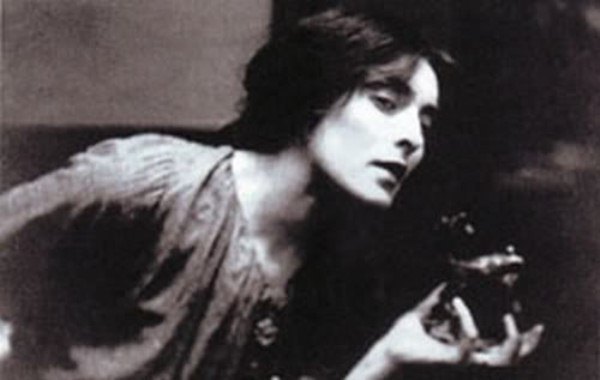
Loy was born Mina Gertrude Lowy in London, England. On leaving school, she studied painting, first in Munich for two years and then in London, where one of her teachers was Augustus John. She moved to Paris, France with Stephen Haweis who studied with her at the Académie Colarossi. The couple married in 1903. She first used the name Loy in 1904, when she exhibited six watercolor paintings at the Salon d'Automne in Paris. Loy soon became a regular in the artistic community at Gertrude Stein's salon, where she met many of the leading avant garde artists and writers of the day. She and Stein were to remain lifelong friends. In 1907, Loy and Haweis moved to Florence, Italy where they lived more or less separate lives, becoming estranged. Loy mixed with the expatriate community and the Futurists, having a sexual relationship with their leader Filippo Marinetti. At this time, she began what would be later known as "Songs to Joannes" [1]", a tour de force of modernist, avant-garde love poetry about Giovanni Papini, another Futurist with whom Loy had an unsuccessful relationship in Florence. She also started to publish her poems in New York magazines, such as Camera Work, Trend, and Rogue. She was a key figure in the group that formed around Others magazine, which also included Man Ray, William Carlos Williams and Marianne Moore. She also became a Christian Scientist during this time.
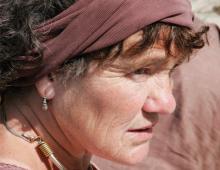
Selima Hill (born 13 October 1945 in Hampstead) is a British poet. Selima Hill grew up in rural England and Wales. She read Moral Sciences at New Hall, Cambridge University (1965-7). She regularly collaborates with artists and has worked on multimedia projects with the Royal Ballet, Welsh National Opera and BBC Bristol. She is a tutor at the Poetry School in London, and has taught creative writing in hospitals and prisons. Selima Hill won first prize in the 1988 Arvon Foundation/Observer International Poetry Competition for her long poem The Accumulation of Small Acts of Kindness, and her 1997 collection, Violet, was shortlisted for the Forward Poetry Prize (Best Poetry Collection of the Year), the T. S. Eliot Prize and the Whitbread Poetry Award. Her book of poetry, Bunny (2001), a series of poems about a young girl growing up in the 1950s, won the Whitbread Poetry Award. A selected poems: Gloria, was published in 2008. She was a Fellow at University of Exeter. Selima Hill lives in Lyme Regis. Her most recent book of poetry is People Who Like Meatballs (2012), shortlisted for the Forward Poetry Prize (Best Poetry Collection of the Year). (from Wikipedia)

